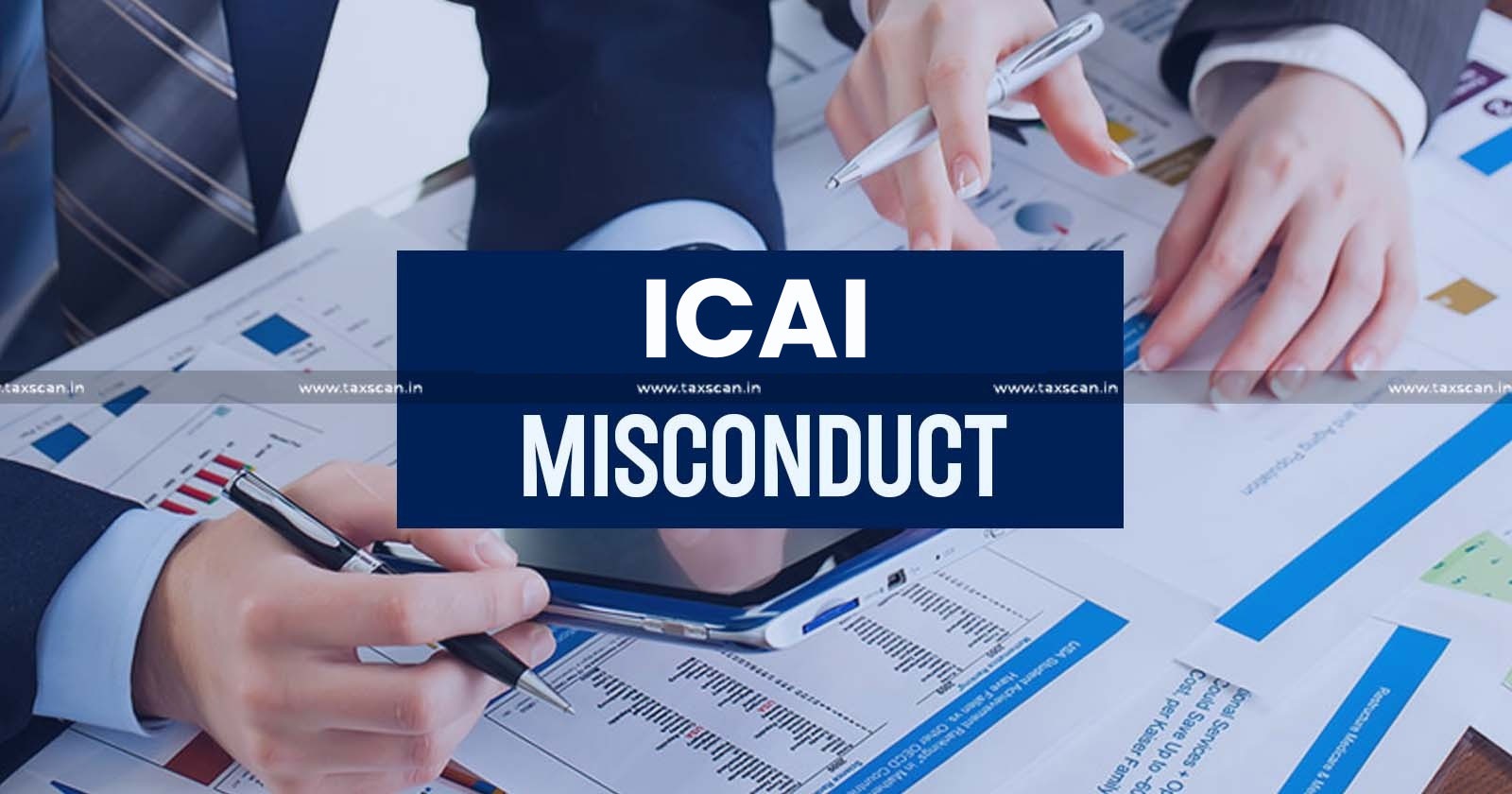D. Biswas, J.@mdashThis petition has been filed invoking the powers of this court under article 226 of the Constitution for issue of an appropriate writ commanding the respondents to refund Rs. 1,08,489 deducted in excess of the Income Tax payable by the petitioner under the head "Salary" for the period from April 18, 1969, till his superannuation on January 1, 1994.
2. It would appear that the petitioner had joined the services of the Oil India Limited, Duliajan, in the Civil Engineering Department and after about 18 months of his joining he was removed from service with effect from April 18, 1969. The petitioner approached the Central Industrial Tribunal at Calcutta. Reference Case No. 41 of 1975 was disposed of in favour of the petitioner. Both the parties filed writ petitions and eventually the matter was finally settled by the Division Bench of the Calcutta High Court by order dated June 15, 1990, whereby the Oil India Limited was directed to reinstate the petitioner with back wages within a period of three months. By this time the petitioner also attained the age of superannuation as per rules in force. The Oil India Limited in compliance with the order of the Calcutta High Court paid him the arrears of pay and allowances from the year 1977 till the date of superannuation. At the time of lumpsum payment, Income Tax was deducted at source at the rate in force in the year of payment. The petitioner''s contention is that he was entitled to spread over his income from 1977 till the date of his retirement as per provisions of Section 89 of the Income Tax Act, 1961, and had the spread over been allowed, he would have been required to pay Income Tax much less than what was deducted from the amount. After spreading over as per the provisions of Section 89 and computing at the rate of tax in force for each of the years, the petitioner found that a sum of Rs. 1,08,489 was deducted in excess. Hence, he filed this writ petition for refund of the aforesaid amount.
3. Mr. B. K. Mahanta, learned counsel appearing for the writ petitioner, urged that the amount deducted and deposited in excess with the Income Tax Department by the Oil India Limited is to be refunded by the company itself. Shri P. C. Deka, learned senior counsel for the respondents, controverted the aforesaid submission relying on the decisions of the Supreme Court rendered in
4. The law laid down by the Supreme Court is clear as to the mode of claim for refund to be made in a case like this. In my considered opinion, the petitioner is required to approach the assessing authority and to claim refund in accordance with the provisions of law. The Oil India Limited as employer being under an obligation of law to deduct taxes at source from the amount payable to an employee is not required to make refund when the amount deducted in excess is already deposited with the Income Tax authorities. The refund undoubtedly, in a case like this, has to be made by the assessing" authority with whom the amount has been deposited and not the employer.
5. At this stage, learned counsel for the petitioner pointed out that the petitioner has under the wrong notion pursued the remedy before a wrong forum and by this time his claim for refund has become barred under the limitation prescribed under the Act. Learned counsel highlighting the financial condition of this retired petitioner requested to condone the delay. Considering the fact that the petitioner has been pursuing a remedy before a wrong forum without being properly advised, it is considered to be just and proper in the interest of justice to order that the delay in filing the claim be condoned by the assessing authority if the claim is made within a period of two months from today and further direct the authority not to treat the claim of the writ petitioner as time-barred in view of the peculiar facts and circumstances as stated above. The assessing authority shall dispose of the claim of refund expeditiously in accordance with law. In case of necessity and if approached by the petitioner, the Oil India Ltd. should also render necessary assistance to the petitioner to pursue the matter before the assessing authority.
6. The petition accordingly stands disposed of. No order as to costs.

